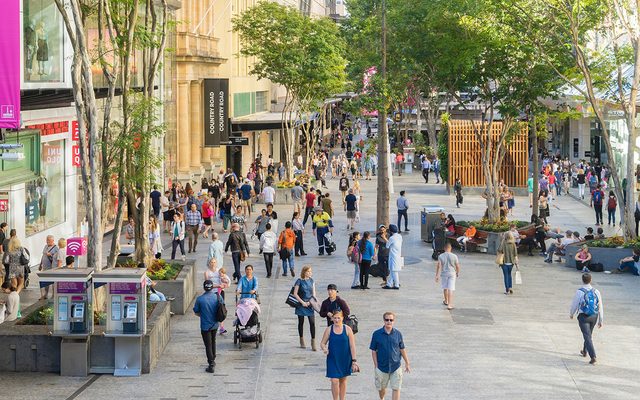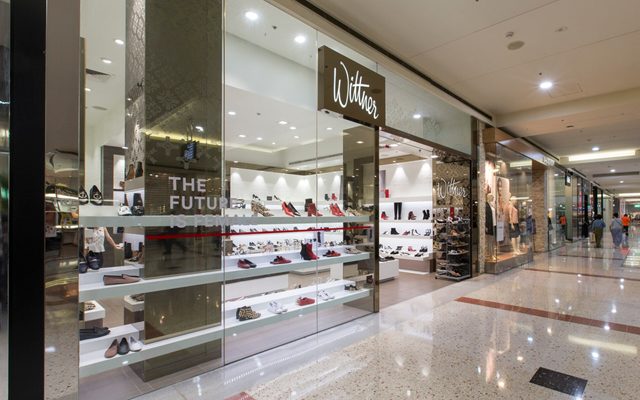This article is from the Australian Property Journal archive
AUSTRALIAN retail institution Godfreys will shutter 54 stores after falling into administration, while shoppers crimped their Christmas spending amid the tough economic environment.
PwC’s Craig Crosbie, Robert Ditrich and Daniel Walley have been appointed as voluntary administrators of the 93-year-old vacuum cleaner business, which was founded during the Great Depression with a store at Melbourne’s Prahran Market.
There will be 54 stores closed and 193 jobs axed within the next fortnight.
“Sadly, like many retailers, we have been heavily impacted by consumer confidence and spending due to the economic era of high inflation, rising interest rates, and intense cost-of-living pressures,” said Jane Allen, daughter of Godfreys co-founder John Johnston.
“We are also still suffering from the unprecedented business disruptions of the COVID-19 pandemic.”
Godfreys currently has 141 stores and more than 600 staff across Australia and New Zealand. Another 28 stores are run by franchisees.
“Like many retailers, Godfreys has faced a challenging economic and operating environment. Lower customer demand amid cost-of-living pressures, higher operating costs, and increased competition have all taken a toll on profitability, with some stores more impacted than others,” Crosbie said.
“We intend to trade the restructured store network and sell the business and assets as a going concern, with strong interest expected from prospective buyers.”
Founder Godfrey Cohen and business partner Johnston sold the business in 2006 for around $300 million to private equity investors CCMP Capital Asia and Pacific Equity Partners. The company had a troubled stint on the ASX after listing in 2014, and Johnston bought the business back four years later for just $13.7 million.
Shoppers cut Christmas spend
Meanwhile, data from the Australian Bureau of Statistics (ABS) showed retail spending fell 2.7% in December, from $36.15 billion in November to $35.19 billion.
“This shift in spending from December to November reflects the growing popularity of Black Friday sales and the impact of cost-of-living pressures, with consumers seeking out bargains and taking advantage of discounts in November,” said Ben Dorber, head of retail statistics at the ABS.
Australian Retailers Association (ARA) CEO Paul Zahra said December’s results reflected projections that 2023’s Christmas spending would tread water as shoppers tighten their budgets.
“With household budgets under pressure, Christmas in 2023 was somewhat subdued compared to previous years – a result of cost-of-living challenges. We aren’t seeing the year-on-year growth that we did in previous years.
He said next week’s decision by the Reserve Bank of Australia will have significant bearing on the trading months ahead.
“We’ve seen reduced spending growth in December. Another interest rate increase would be crushing for retailers.”
ANZ is expecting today’s consumer price index data to show a 4.3% rise, below the RBA’s forecast of 4.5%. This would give reason for the RBA to keep interest rates on hold.
“A rate hold in February would be supported by this result and would buoy confidence, particularly among indebted homeowners,” said ANZ senior economist Adelaide Timbrell.
The ANZ-Roy Morgan consumer confidence index, also released yesterday, fell 1.9 points last week, although the four-week moving average is at its highest in nearly a year.




